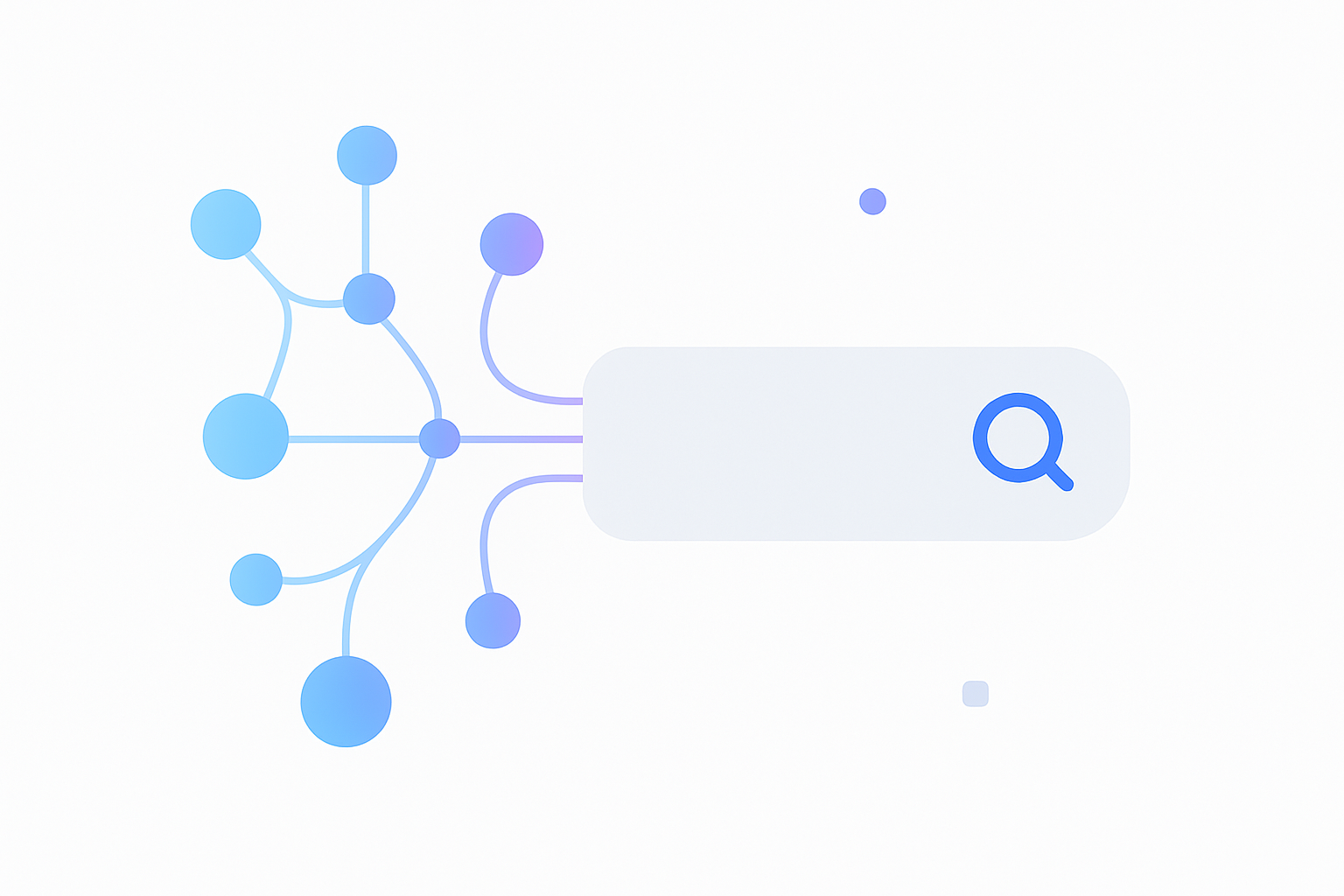
At Klark, safeguarding the privacy and security of our customers’ data is paramount.
As an AI-driven start-up, we recognize the pivotal role of the General Data Protection Regulation (GDPR) in upholding individual privacy rights and overseeing the responsible management of personal data.
GDPR isn’t just a regulatory requirement for us; it’s an integral aspect of our strategic approach.

Enacted by the European Union in 2018, GDPR sets stringent guidelines for businesses and organizations worldwide on how they collect, process, and store data.
Prior to the GDPR, the European Union managed data protection under the Data Protection Directive of 1995. However, as technological advancements dramatically transformed the ways in which data was collected, used, and stored, the old directive was no longer adequate to address the new privacy challenges.
The European Union aimed to restore control over personal data to individuals and to ensure that all organizations, regardless of where they are based, follow strict rules about the handling of European residents’ data.
The GDPR was designed not only to protect privacy but also to establish trust in the emerging digital economy, which is crucial for the economic growth and innovation in the EU.
Thanks to the RGPD, residents of the European Union have several rights regarding their personal data.
These include the right to be informed about data processing activities, the right to access their data, the right to rectify inaccuracies, the right to erasure (commonly known as the “right to be forgotten”), the right to restrict processing, the right to data portability, and the right to object to certain types of processing, including automated decision-making and profiling.
Furthermore, the GDPR sets out seven fundamental principles that govern the processing of personal data:
At Klark, our utilization of Generative AI involves analyzing vast datasets to discern patterns and generate new content mirroring those within the training set.
While Generative AI is inherently predictive and lacks intrinsic understanding of personal or sensitive data, it possesses the capability to replicate such information if provided as input 😱.
For instance, if a client inquiry includes personal details, our AI might integrate this data into future recommendations.
This underscores the critical necessity for Klark to safeguard your data through a proprietary algorithm meticulously crafted to adhere to GDPR guidelines.
To ensure the protection of your data, Klark is committed to the following principles:

At Klark, our commitment to data protection is ingrained in our algorithmic approach.
At Klark, we employ pseudonymization or anonymization techniques to effectively safeguard sensitive data types, including email addresses, first and last names, IBAN codes, locations, full names, generic IDs, phone numbers, street addresses, SWIFT codes, and dates.

When a client submits a query or request containing personal information, our algorithm immediately initiates a process to safeguard this data. Rather than anonymizing it entirely, which would render it unusable for personalized suggestions, we employ a pseudonymization process. This ensures that while your data remains protected, our AI can still utilize it to deliver tailored recommendations.
A key strength of Klark lies in our ability to build extensive knowledge bases, derived from hundreds of thousands of customer conversations.
These conversations inherently contain a significant amount of personal data. To prevent any misuse of this data in our suggestion generation process, and to ensure that we do not disclose data from one customer to another, we rigorously and automatically anonymize all personal data before it is stored in a knowledge base.
To adhere to the GDPR principle of “Data Minimization,” we have introduced an automated system at Klark that deletes personal data as soon as it is no longer needed.
For example, once a personalized response from Klark is utilized, we promptly eliminate all personal data involved in crafting that response.
This approach ensures we retain the minimal amount of personal data, typically for less than 24 hours.
In summary, the General Data Protection Regulation (GDPR) serves as the cornerstone of Klark’s commitment to safeguarding customer data while harnessing the power of AI to elevate our customer service.
Through strict adherence to GDPR’s guidelines, we ensure the protection and responsible utilization of your personal information within our AI algorithms.
With GDPR guiding our every step, we remain resolute in our mission to deliver exceptional service while upholding the highest standards of data protection and privacy for our esteemed customers.





